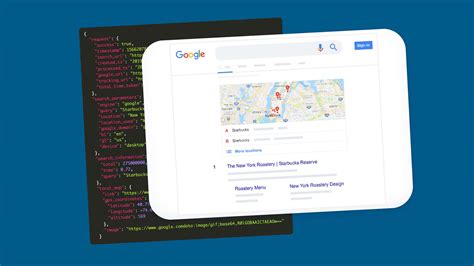In an unexpected turn of events, an anonymous source has shared leaked Google Search API documents, leading to a whirlwind of reactions and analyses from various corners of the internet. These documents, thought to have been accidentally posted on GitHub, reveal a trove of information about how Google manages its search engine algorithms and potentially sensitive data like page rank calculations. The initial reaction from web developers and privacy advocates has been a mix of intrigue and concern, particularly because of the broader implications for online privacy and the monopoly Google holds in the web browser market.
The leaks have particularly alarmed those who are wary of Google’s data collection practices. Google’s search algorithm, once shrouded in mystery, now appears somewhat decipherable through these APIs. Some developers speculate that the release of these documents might accidentally grant licenses to other patents, raising queries about intellectual property infringement and the durability of existing patents. For instance, one comment highlighted that while Google’s PageRank patent may have expired, other features discussed in the documents might still be under protection. This leakage ignites significant questions about the extent to which legal loopholes could be exploited as technology and intellectual property laws evolve.
Browser monopoly and user data privacy have also been focal points in the discourse that followed the leaks. Chrome’s dominance in the browser market is reiterated by a commenter who argues that web developers focusing singularly on Chrome foster a less diverse web ecosystem. He draws parallels to the bygone era of Internet Explorer’s dominance, emphasizing how developers then, and now, seem to design exclusively for a single browser which they perceive as the standard. This trend, as argued, leads users to be indirectly coerced into using Chrome, compelling them to forfeit privacy in exchange for convenience. The back-and-forth in the comments also brings up how purported ‘Chrome skins’ — browsers mimicking Chrome’s interface — intensify this monopoly disguised under the veil of choice.
The privacy implications are far from negligible. The conversation around Chrome quietly collecting URLs and other data to allegedly improve user experience uncovers a layer of user exploitation that goes unnoticed by most. As some commenters suggested, the data collection mechanisms can be disabled; however, this option remains buried deep within settings that average users rarely check. This illusion of choice—wherein users are technically given options but practically find it cumbersome or obscure to exercise those options—cements a false sense of security and consent. This sentiment is echoed by those advocating for more stringent and transparent privacy regulations, insisting that terms of service cannot substitute for explicit user consent.
Interestingly, this leak has also brought to light the differing perspectives and approaches to privacy and data collection between tech giants and privacy advocates. One stand-out comment offers insight into the rigorous privacy measures engineers at Google are purportedly implementing to comply with frameworks like the General Data Protection Regulation (GDPR). However, many remain skeptical about the practicality of these measures, questioning if such compliance efforts are merely superficial gestures rather than genuine commitments to privacy. The prevailing cynicism roots from a fundamental distrust in how tech corporations handle data, further fueled by past controversies over data misuse.
The leaked documents have surprisingly opened Pandora’s box for the SEO community as well. They confirm many suspicions long held by SEO experts about how Google tweaks its algorithms to favor branding and user intent over traditional SEO tactics like backlinks and content quality. This nuanced understanding reshapes how creators and businesses should approach SEO strategies, not just emphasizing content creation but also focusing on building reliable and trusted brands.
To sum up, the leak of Google Search API documents represents more than just a technical hiccup; it’s a clarion call for deeper reflection on data privacy, browser monopolies, and the ethical frameworks that govern modern web development practices. Both developers and users must be more vigilant and informed about the technology they use daily. By gaining a clearer understanding of the inner workings of these powerful tools, the tech community can better advocate for transparency, user privacy, and a more diverse and open web ecosystem. Perhaps, this mishap will serve as the nudge required to push forward meaningful changes in how we perceive and handle our digital lives.


Leave a Reply